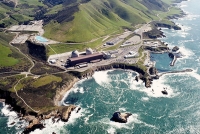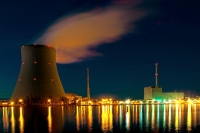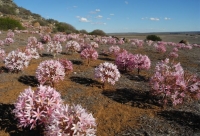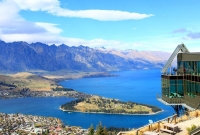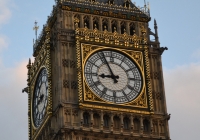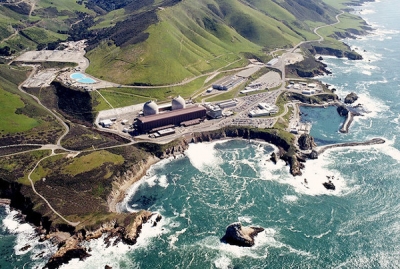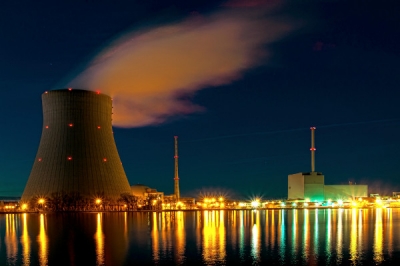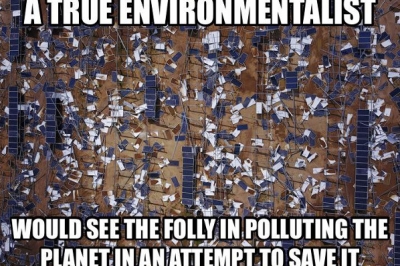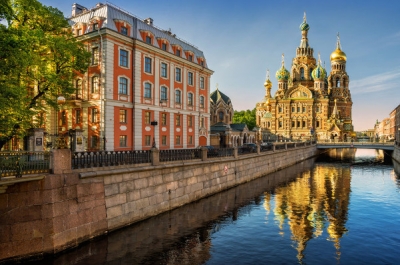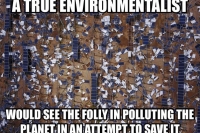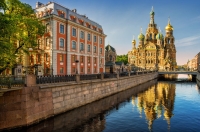Andrew Kenny, physicist and mechanical engineer: South Africa faces energy calamity on two fronts. First is the disaster of Eskom. Second, and potentially worse, is the disaster of our REIPPPP (Renewable Energy Independent Power Producers’ Procurement Programme) and our lunatic IRP 2018 (Integrated Resource Plan). If the market could choose, our future electricity would be nuclear followed by coal, and perhaps gas or imported hydro in the future. There would be no wind or solar on the grid.
[Note by Howard "Cork" Hayden, physicist: Solar and wind are basically worthless without stabilization from the grid. Left to themselves, but with HUGE battery backup, they "could" run the zoo, but the backup systems would have to be able to provide FULL power for days --- occasionally weeks --- at a time. By contrast, a battery backup system to handle conventional power --- increased baseload (possibly all-nuclear) to include charging the batteries at times of low demand --- would have to store about 20% of one day's energy and deliver about 20% of the power demand. Civilization is far more likely to disintegrate from do-gooders trying to save the world from putative climate change than it is from people using fossil fuels.]
[Note by John Shanahan, civil engineer: In the USA, states are vying with each other to be first to have 100% renewable power with no fossil fuel backup. If political leaders don't come to their senses before installing all those wind turbines and solar panels and stick with fossil fuels and nuclear for baseload energy, their costs for electricity will go up, energy stability and reliability will go down and their global adversaries will be jumping for joy that their enemy is destroying itself - already happening in Germany.]
Michael Shellenberger, Founder - President of Environmental Progress: The question is not how humans can gain absolute mastery, since that’s impossible, but rather which machines, on balance, deliver the most good with the least harm. On that metric, nuclear power has always been, inherently, the safest way to power civilization. Michael Shellenberger is an excellent advocate for nuclear power, for improving life for people around the world and for protecting the environment and nature in general. This is an excellent article for people around the world.
Rob Jeffrey, Economic Risk Consultant: Poverty is the single highest social cost to society. There are only three major policy objectives: a) poverty alleviation, b) reducing inequality and c) reducing unemployment. Emerging economies require electricity energy sources that offer security of supply at the lowest possible cost. Conclusion: Unless emerging countries that have fossil fuels use them it will heavily prejudice their future growth and result in increased unemployment and poverty. Renewables and carbon tax are contrary to objectives. They are both taxes on the poor.
David Wojick, Committee For A Constructive Tomorrow, CFACT, Washington, D.C., Ph.D. Philosophy of Science and Mathematical Logic, B.Sc. Civil Engineering: I doubt the average customer will be excited about coughing up a billion dollars just so the greens can feel good by forcing use of solar energy. But the utility loves it because, as a regulated monopoly, the more money they spend the more guaranteed profit they make. I can see their stock price and executive salaries going up as a result. Simply put, this is battery trickery.
Andrew Kenny, physicist and mechanical engineer: The time is right for new nuclear power in South Africa. We have already proven ourselves with Koeberg, which works in harmony with nature and which has been delivering clean, safe, cheap reliable electricity for 34 years. But we must study, very carefully, the successes and failures of recent nuclear construction around the world before we begin.


